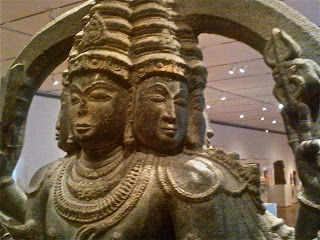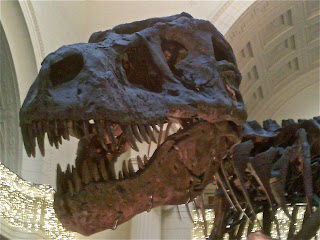Remember last week's post about
my bus trip from Boston, a journey extended from eight hours to ten by highway tie-ups that pushed my arrival smack into the middle of Philadelphia's evening rush hour? You know, the post that began "Remind me
never to travel by bus again"?
That was a longish trip; what could possibly happen on a short hop, like the one from Philadelphia to New York? I pondered the question Thursday as my bus sat in a spreading red pool of engine coolant on the shoulder of Route 90 in Pennsauken, New Jersey, waiting for a tow truck, a replacement bus, and an ambulance for the cardiac patient/passenger who had begun feeling faint during the delay.
The new bus arrived, the heart patient was all right, and I found Derry's own
Desmond Doherty, for whose debut novel,
Valberg, I inverted a few commas and made sure no dashes were used where hyphens were called for, browsing patiently in the Mysterious Bookshop in Lower Manhattan when I arrived, barely half an hour late for our meeting.
The day's haul included books by John Lawton, J. Robert Janes, and "
Owen Fitzstephen," and some good Derry stories over lunch from Doherty, a lawyer with business on both sides of the Atlantic who made the brave decision not to make his debut novel the story of a lawyer with business on both sides of the Atlantic.
The book is a serial killer/police procedural/story of its city that does, however, incorporate some of Doherty's own professional experiences, including a heart-rending bit of backstory. I'll look forward to discussing the novel's sequels with Doherty, only I'm traveling to our next meeting by plane.
© Peter Rozovsky 2013 Labels: Derry, Desmond J. Doherty, Gordon McAlpine, Ireland, J. Robert Janes, John Lawton, Mysterious Bookshop, Northern Ireland, Owen Fitzstephen, travel



































